Countryside
There are many ways to define verse, among which the most prominent is the concept of "folk performance form" that has existed since ancient times, bearing the identity and style of the people and the land where the verses originated. From an academic perspective, the group of authors Thach Phuong - Ho Le - Huynh Lua - Nguyen Quang Vinh in the book "Vietnamese Folk Culture in the South" defined: "Verse is a form of spoken word composed and widely transmitted by the people to promptly reflect events in daily life in the village, hamlet, locality, and nation. It is also folk knowledge about nature and morality that is rhymed to bring it into stable, easy-to-learn, easy-to-remember formats".
In form, verses are rhyming sentences, each sentence can have a different number of words, there is no rule. In a verse, it is not necessary that each sentence has the same number of words. The words used in verses often contain a strong colloquial language, easy to hear, easy to understand, easy to remember, not polished, sophisticated, sometimes joking, satirical...
Author Nguyen Van Hau, in the book "The Face of Southern Folk Literature", explains: "The rhyme of the verse is a kind of foot rhyme or a kind of love rhyme that is freely and flexibly transformed, while the language style of the verse is a completely popular language style, with a strong local flavor, completely different from the sophistication of a noble culture". Thus, we can identify the characteristics of the verse through the following elements: rhyme, popular language, and especially, a characteristic introduction for identification, the most common of which is "Listen to the sound of cicadas. Listen to the verse (content of the verse)".
Can Tho Verse - Patriotic Voice
Up to now, there have been many works collecting and introducing Can Tho folk songs such as “ Hau Giang Folk Songs”, “Soc Trang Folk Literature” and some research articles by local collectors and researchers. In which, the content of resistance songs, expressing patriotism is quite rich and clear. These are songs expressing thoughts and feelings for the homeland and country in the context of the country being lost, the house being destroyed, condemning the invaders and often reporting on the events that happened.
For example, the poem “Ve giac Tay” (The Verse of Fighting the French) from 1946 was collected in Dai Ngai, Long Phu (now Dai Ngai commune, Can Tho city) showing the spirit of patriotism, readiness to sacrifice, sharing hardships with the resistance war against the French. That is a strong criticism: "They are Vietnamese traitors. How dare they be traitors. Following the French only provokes. A few people stab and stab. Forgetting their families. Forgetting the virtues of their ancestors. Forgetting the favors of their Fatherland". The poem honors the patriotic and heroic children of their homeland and country, because: "There are still patriots. Everyone loves them. Reminds and praises them. Truly worthy". Or with the poem “Ve danh ban Dai Ngai” collected in Ke An, Ke Sach (now Ke Sach commune, Can Tho city), people condemn the enemy at Dai Ngai station as “Unfathomably cruel” and recounts the heroic struggle and attack of the station by the local people.
In Soc Trang town (now Can Tho city), the work "Folk songs of Hau Giang" recorded the very interesting "Ve noi nguoc" with another name "Ve Ngo Dinh Diem". By using the opposite way of speaking, meaning "saying one thing but thinking another", "saying one thing but not the other" in a sarcastic, satirical, and critical way, the song condemns Ngo Dinh Diem very deeply: "Diem said he loved his country. Divided the country. Diem loved our people. Imprisoned and killed". Just like that, Ngo Dinh Diem's crimes and crimes were exposed. And then at the end of the song, the folk concludes: "Arresting innocent people. Diem said Viet Minh. Patriotic and fighting. Diem spread rebellion. Hit Diem's head and hit him. Saying the opposite is just for fun. Hey people. Listen to the song about Diem".
In Tan Thanh, Phung Hiep (now Dai Thanh ward, Can Tho city), there is a poem called “Ve giac My”, which recounts the crimes and plots of the American invaders and their henchmen. With an easy-to-remember folk narrative style, strong language, rich in imagery, the poem is like a stern verdict: "Clear failure. Can't you see the American invaders? Tell me carefully. Summarize for you clearly. Be smart and find your way. Run away soon".
There are also verses that recount specific events with clear times and locations, such as Verse of Ninh Thoi people, Verse of Cong Doi hamlet, Verse of Xa Mao hamlet... In Truong Lac ward, O Mon district (old), now Phuoc Thoi ward, Can Tho city, we collected the verse of Giai Phong canal from Mr. Ngo Van Quang (Chin Quang, now deceased). The verse recounts the story of digging a canal in the locality in early 1961, to serve the movement and transportation of ammunition. The enemy discovered it, they massacred the people, killing 11 people. The canal was later dug and cleared, named Giai Phong canal and this event was recounted in a very beautiful verse, opening with a few lines: "Listen to the cicadas. People listen. I tell the verse. Of Tra Luoc canal. The canal curves like a mouse's tail. It extends all the way to Tra canal. There are many three-way intersections. The White Temple looks out. Giai Phong three-way intersection".
The rivers of the West, where interesting folk songs are born.
Read verses and think about life
Can Tho folk songs also have many folk songs about current events, recounting the daily activities and feelings of the residents. The writing style of this genre of folk songs is also very rich, from sentimental to humorous and satirical...
The poem "Drinking badly" (verse 1) was collected in Gia Hoa Dong, My Xuyen (now Gia Hoa commune, Can Tho city) and is very interesting, with light satire, both funny and profound. The poem tells a story, from the time when drinking 1 or 2 glasses is still polite, brothers are humble, elders respect juniors, then gradually: "Up and down, swinging their legs. Twisting and turning. Falling back and forth. No head or tail...". The end of the poem is a clear message: "Never be lazy. Children verse look down on you. Destroying the family. Giving rise to a heart of a thief. This reminds. Men's duties". In the book “Folk songs of Hau Giang”, there is also a collection of Verses on drinking alcohol (part 2) in Ke An, Ke Sach (now Ke Sach commune, Can Tho city), the content is completely different, the words are richer, more literary and the content is also more profound: “What else can an alcoholic say? The word “ngai ngoi” must be messy. I wrote this verse to warn the next generation. To silently remind the young men”.
This content is very rich, such as stories about asking for a wife, worshiping at temples, going to rice fields, poems about poverty, hardship, poems about human nature... The poem "Fear of Wife" collected in An My, Ke Sach (now Nhon My commune, Can Tho city) is very humorous, telling the story of a wife who "acts like a god and a general" causing endless suffering to her husband who is afraid of his wife: "I have a wife who is a witch. How can I bear it? She acts bad every day. I don't know how many times/ She gradually curses her. Like an eel on a chopping board..." Reading the poem "Fear of Wife" in Phong Nam, Ke Sach (now Phong Nam commune, Can Tho city), one can see that poverty is truly terrifying. Except for the first two verses, “A dry tree is dry even when watered. In times of poverty, wherever you go, you are poor,” the remaining verses all begin with the word “poor,” such as “Poor, stinking poor. Poor to the point of bulging ankles/Poor to the point of breaking hip bones. Poor without rice to cook. Poor to the point of seeing the Jade Emperor”… Not only lamenting one's fate, the poem reflects the reality nearly 100 years ago, when our people suffered from oppression and exploitation by colonialists and war.
The content of world affairs also stands out with poems criticizing people's bad habits. Women who are lazy, not careful, or sleep during the day or sleep late will be criticized with poems. The poem "Lazy Women's Poem" in Nhon My, Ke Sach (now Nhon My commune, Can Tho city) is full of images: "Listen to the cicadas. Listen to the lazy poem. Eat three bites. Find a place to lie down. Look at the face. Pretend to have a stomachache...". The images of many lazy husbands are also very funny: "The husband is a plague. The noon is not noon. Still sleeping in the mosquito net. The wife screams loudly. Five rounds, seven rounds...".
Flatters are loved rarely. The poem "Flattery" collected in An Lac Thon, Ke Sach (now An Lac Thon commune, Can Tho city) directly attacks those who have the habit of flattery, "upper class, lower class": "If you want to live, you will be flattered. The zither is played for the buffalo's ears. Composing a poem to say, who knows?" Similarly, many poems collected in Can Tho strongly condemned gambling and red-handedness. The poem "Gambling" in My Tu commune, Can Tho city, has the following passage: "Early evening, ragged. Money is as good as a fairy. No money at midnight. Money is like an owl. Shaggy head. Eyes half-open..." Or the poem "Dreaming about numbers, discussing everything, discussing everything, giving up on business, fields, and houses." And then the end of the poem sounds so poignant: “Money gone. Lamenting to heaven and earth. One day I died. Five or seventy times. Advancing into debt. Mental disorder. Stop playing with my friends…”.
Homeland scenery
Obviously, behind the verses are lessons on how to behave in life, the words of grandparents teaching their grandchildren. Let me end this article with a few sentences from the Verses parents teach their children collected in An Lac Thon, Ke Sach (now An Lac Thon commune, Can Tho city) which are very profound: "Children observe all etiquette. Respecting the elderly is good" and: "Keeping oneself polite and disciplined. Remembering gratitude will accumulate gratitude, and then talent"!
Article and photos: DANG HUYNH
-------------------------
Text excerpted from:
“Hau Giang Folk Songs”, Le Giang - Lu Nhat Vu - Nguyen Van Hoa - Minh Luan, Hau Giang Department of Culture and Information, 1986;
“Soc Trang Folklore”, Chu Xuan Dien (editor-in-chief), Ho Chi Minh City Publishing House, 2002.
Source: https://baocantho.com.vn/ly-thu-ve-o-can-tho-a188214.html


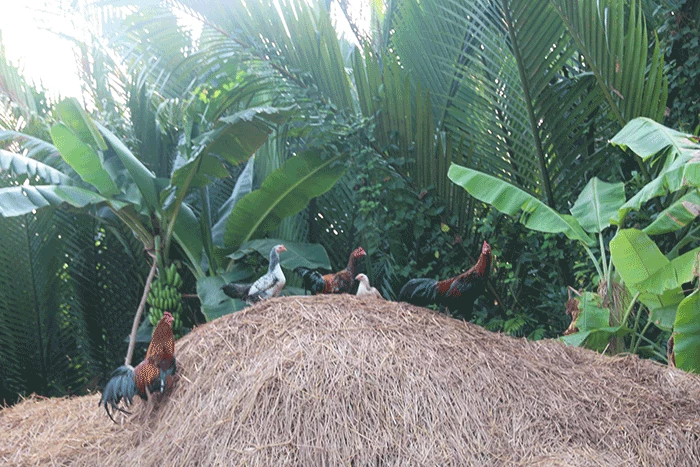
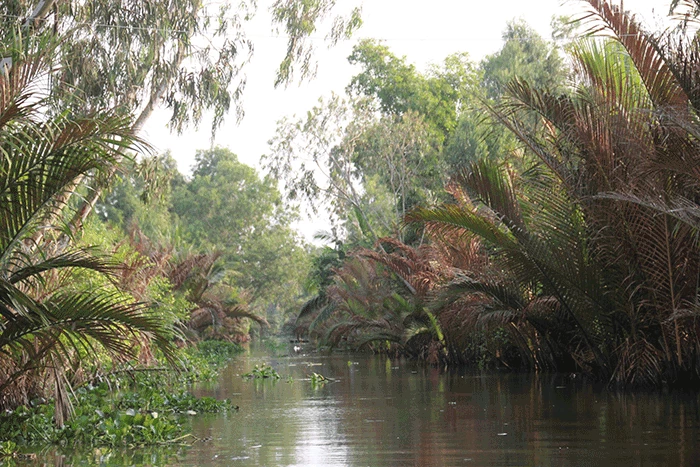
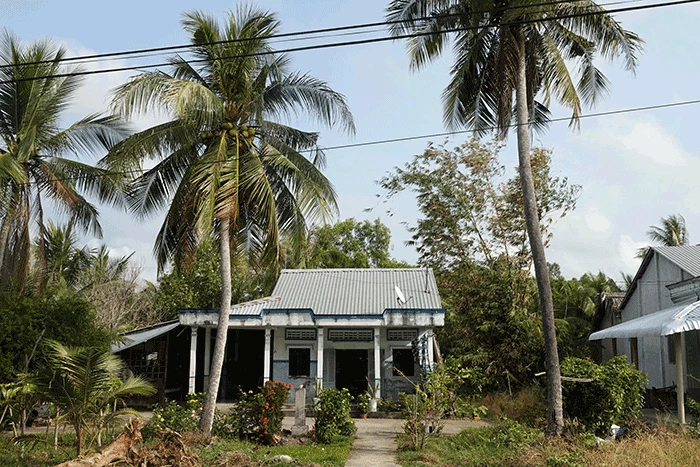








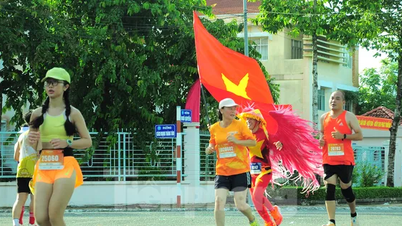





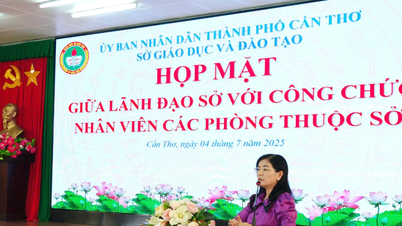

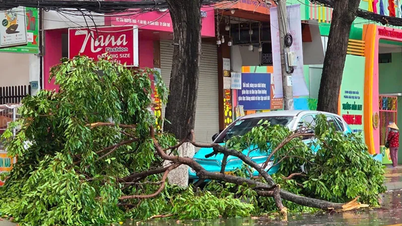
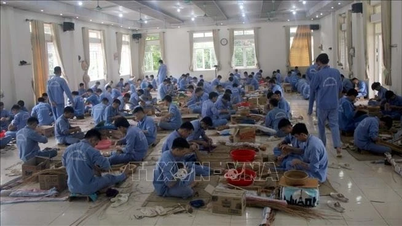





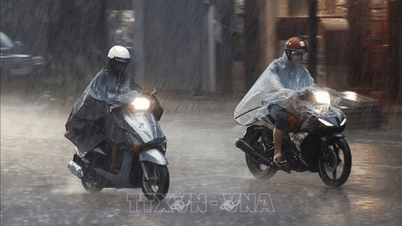






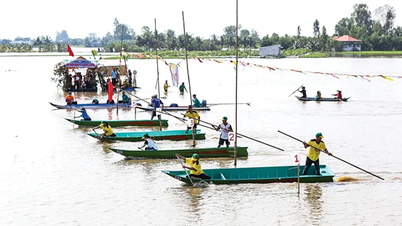
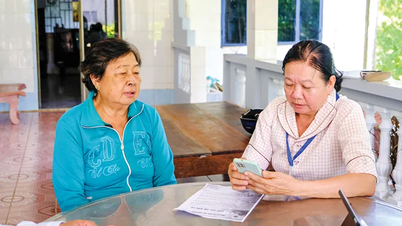


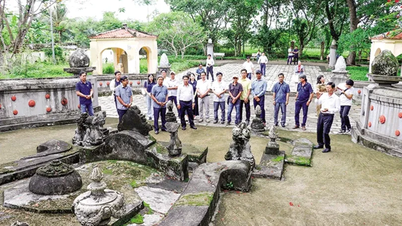
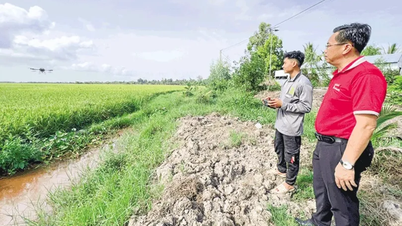


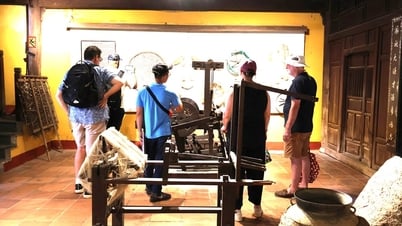

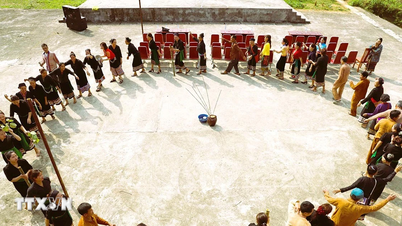
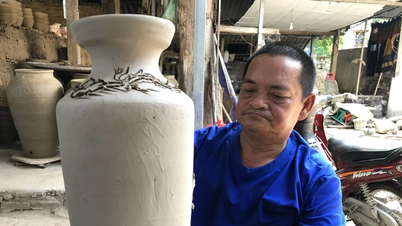

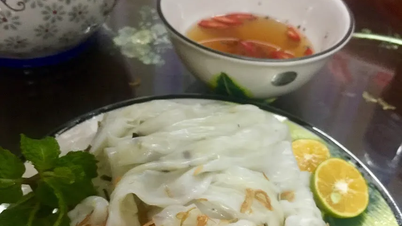


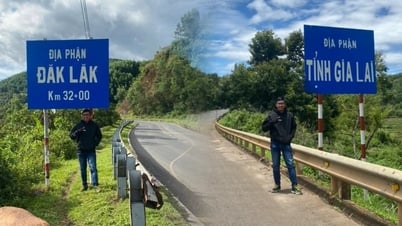

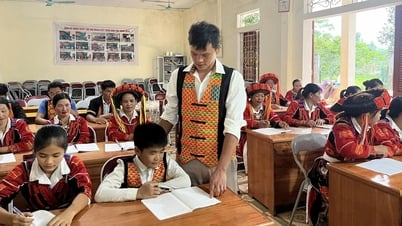






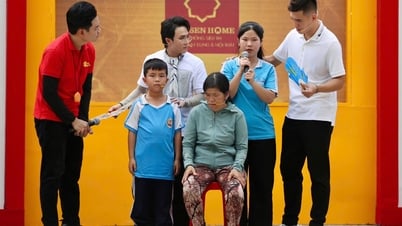

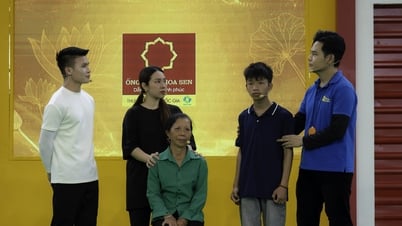
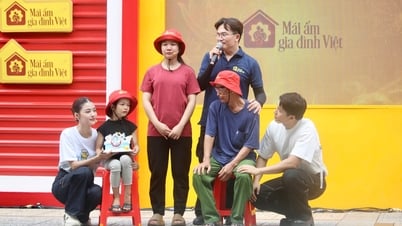
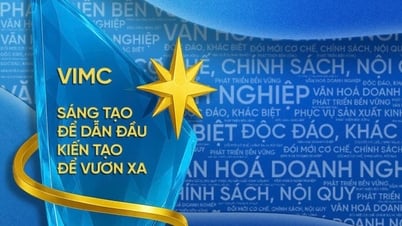

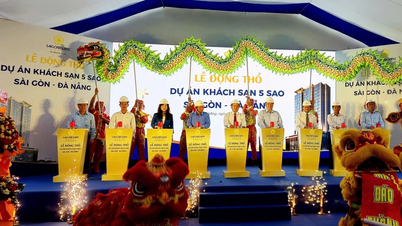


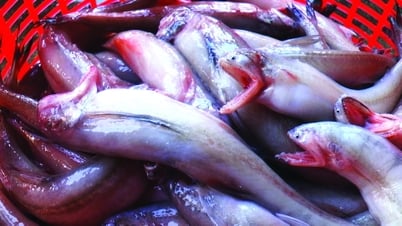



































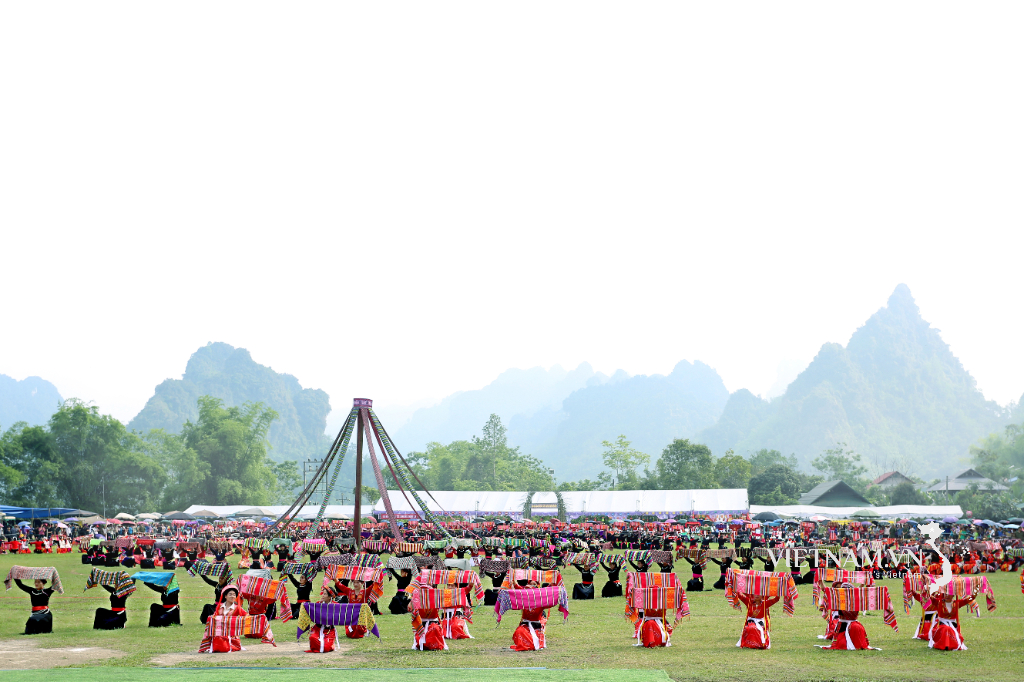
Comment (0)